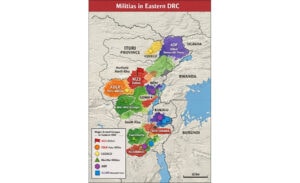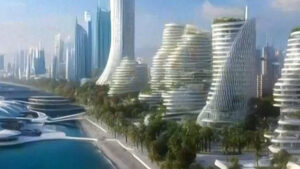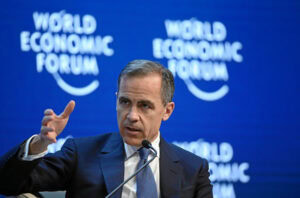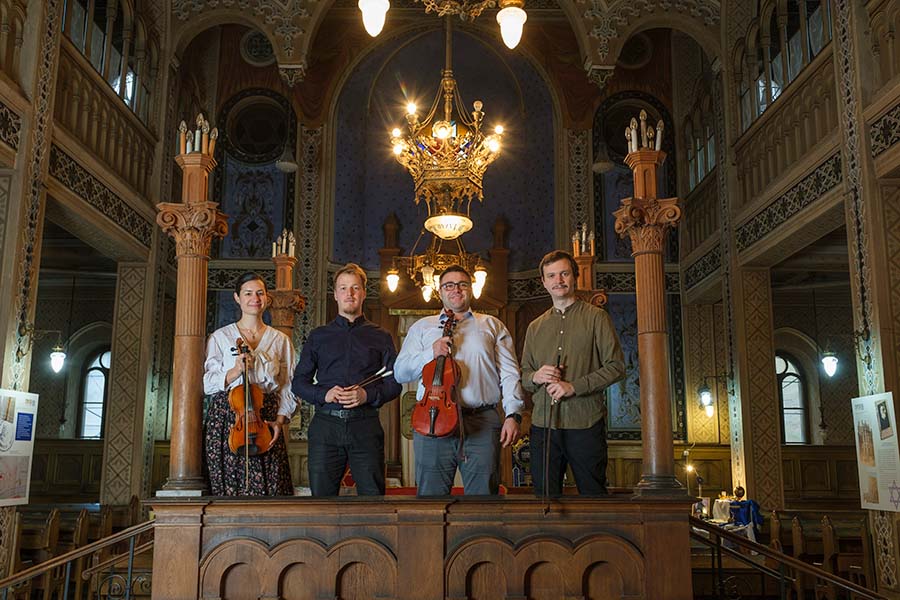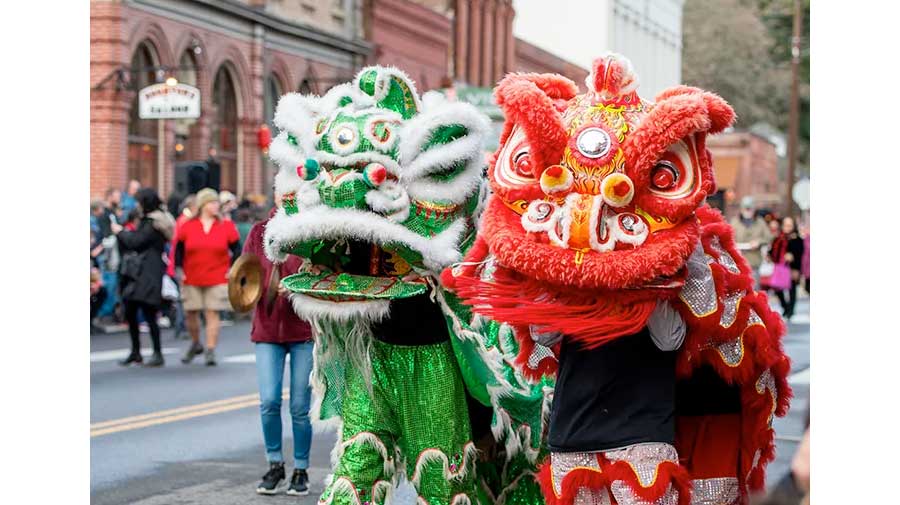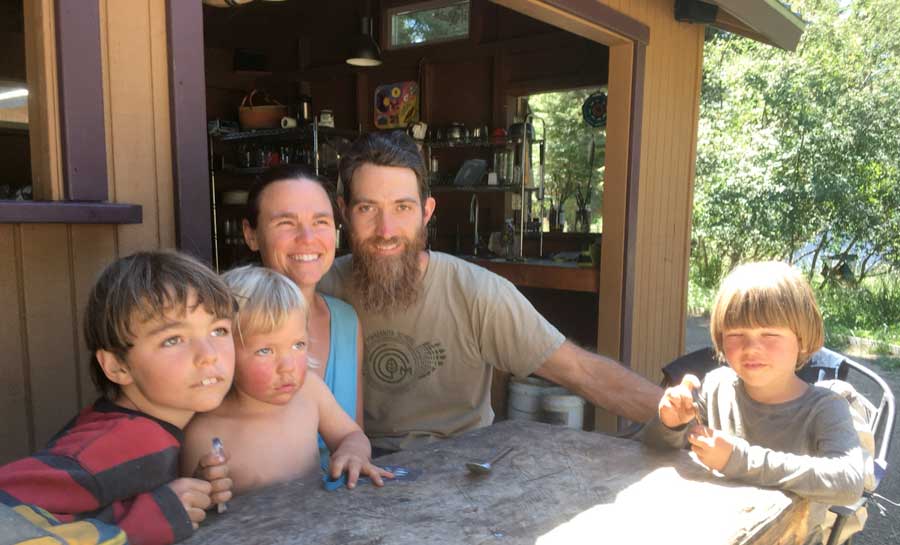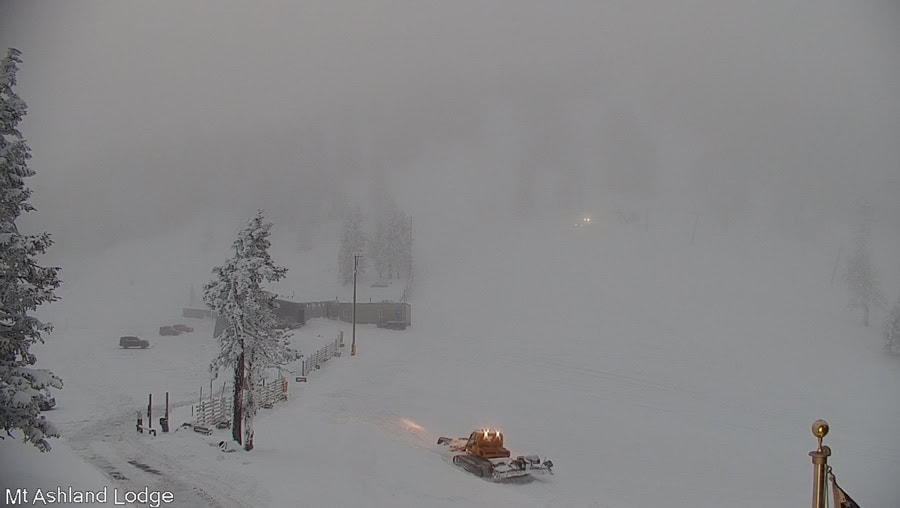Our foreign policy and military establishments should concede that he has come through for them
By Herbert Rothschild
The first of the five points in the communiqué issued on the last day of the NATO summit held this past June 24-25 at The Hague, Netherlands was a unanimous recommitment to Article 5. The exact wording was, “We reaffirm our ironclad commitment to collective defence as enshrined in Article 5 of the Washington Treaty — that an attack on one is an attack on all.”

Representatives of the 31 countries that, together with the U.S., comprise NATO, must have breathed a sigh of relief when that point was adopted without opposition by President Donald Trump, who attended. According to a report on the summit in a Reuters story, after the meeting he was asked to clarify his personal stance on Article 5. Trump replied, “I stand with it. That’s why I’m here. If I didn’t stand with it, I wouldn’t be here.”
That question, like the intensifying adjective “ironclad” in the wording of the communiqué, was prompted by Trump’s record of tepid support for NATO. Actually, his earliest remarks bordered on outright disapproval. When he was campaigning in 2016, he told a crowd in Racine, Wisconsin, that he would be fine if NATO broke up as a consequence of its members’ failure to pay what he considered their fair share of the costs of the military alliance. He called NATO “obsolete,” arguing that “It was really designed for the Soviet Union, which doesn’t exist anymore. It wasn’t designed for terrorism.”
No one who had access to the national forum then, including his competitors for the Republican nomination, acknowledged that his remarks contained even a partial truth. The underlying reason, I think, was the abiding refusal of our foreign policy and military establishments to consider living in a world without powerful enemies. Without them, how could we justify our far-flung and intimidating military presence and our constant meddling in the affairs of other nations?
But thanks to that refusal, by 2016 Russia was a very different country than it had been in 1992, when we had a golden opportunity to create a geopolitical order free of nuclear weapons and huge militaries. When Vladimir Putin came to power in Russia, he was determined to end what he regarded, with good reason, as the humiliation of his country by Western countries. He drew the line of Western military expansion at Georgia and Ukraine, to which NATO, at the insistence of President George W. Bush in 2008, had held out the promise of eventual membership. By 2016, Russia had become, once again, noncompliant with our global dictations.
Those most upset by what they interpreted as an expansionist Russia after it reclaimed Crimea in 2014 were the countries that had been under the thumb of the Soviet Union. I have written more than once that the prospect of a peaceful Europe was dimmed when we expanded NATO eastward in contravention of the pledges Western leaders had given to Soviet President Mikhail Gorbachev in 1991. Unarguably, though, the Eastern European states that were added to NATO wanted the guarantee of protection that came with membership.
So, unlike 1992, 2016 wasn’t a time when anyone in our foreign policy establishment was open to rethinking European security arrangements. Additionally, based on Trump’s conduct toward, and statements about Putin, there was widespread suspicion that Putin had him by the short hairs. Nor was Trump able to dispel that suspicion by laying out an alternative to military encirclement of Russia. Regrettably, he has neither interest in nor capacity for strategic thinking.
But like a mob boss — which is the best way to view Trump’s disposition and behavior — he has a highly developed sense of what he thinks people owe him, and he’s willing to rough them up when they don’t pay up. Regarding NATO, he was clear from the start that he believed its European members were getting much more than they were paying for. In a telephone interview with The New York Times on March 26, 2016, Trump said he “was willing to reconsider traditional American alliances if partners were not willing to pay, in cash or troop commitments, for the presence of American forces around the world. ‘We will not be ripped off anymore.’”
During his first term, Trump kept pushing other NATO countries to spend at least 2% of their gross domestic product on defense. At the 2014 summit in Wales, all of them had pledged to do that by 2024, but too few were on track to fulfilling their pledges. In March of this year, Trump reiterated his unhappiness over the disproportionate burden the U.S. was shouldering. “It’s common sense, right,” Trump told reporters in the Oval Office. “If they don’t pay, I’m not going to defend them. No, I’m not going to defend them.”
Prompted by Russia’s invasion of Ukraine in 2022 as well as Trump’s reiterated threats, NATO countries have been increasing their defense spending. By 2024, Germany and France had reached just over 2% and the UK had reached 2.33 percent GDP.
Still, Trump wanted more, and he got it at The Hague summit. NATO leaders agreed to a two-tiered spending formula: 3.5% of GDP for core military expenditures — personnel, operations, equipment and maintenance — and 1.5% of GDP for security-related spending — cyberdefense, supply chain resilience, critical infrastructure, logistics and defense innovation. The deadline for meeting these goals is 2035, but by mid‑2026 countries have to submit roadmaps to attaining them, and in 2029 there will be a review of their progress.
Trump was ecstatic. At a press conference on the day the NATO conference ended, he told reporters, “[W]e had a great victory here.” He added that he hoped the additional funds would be spent on military hardware made in the U.S.
It seems to me that all those people who’ve criticized Trump’s approach to NATO should concede that he did win “a great victory” at The Hague. Their thoroughly militarized approach to foreign relations, a key element of which is multinational military alliances that the U.S. dominates, has been affirmed, and our military-industrial complex will get a big boost.
As for the well-being of humankind, however, The Hague summit offered nothing but continued Big Power antagonism and a tragic waste of global resources.
Herbert Rothschild’s columns appear Fridays. Opinions expressed in them represent the author’s views. Email Rothschild at [email protected].




